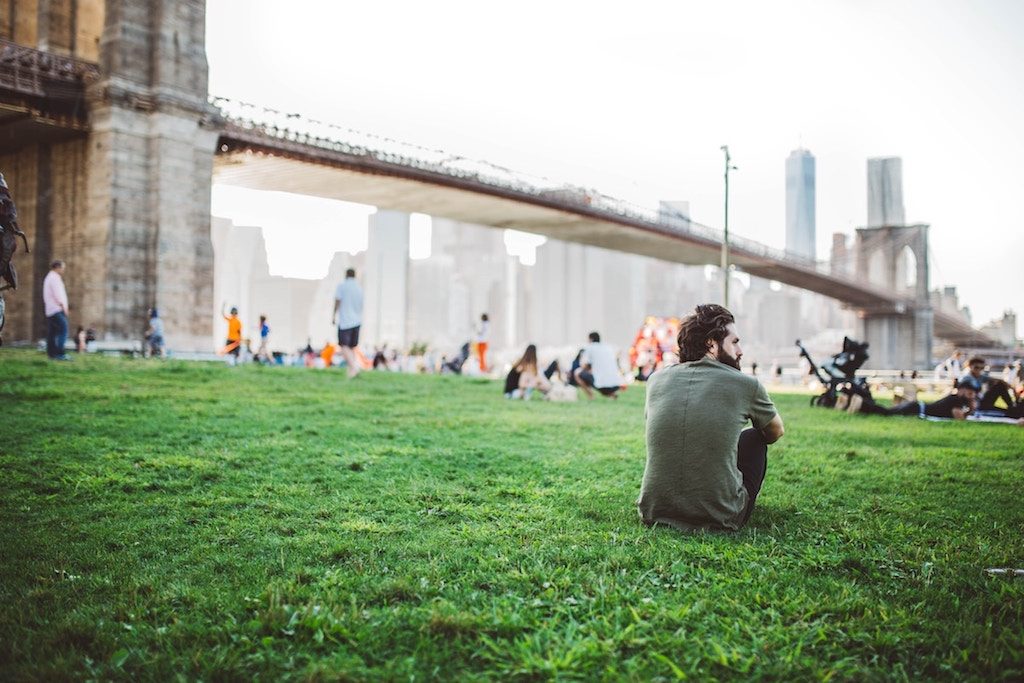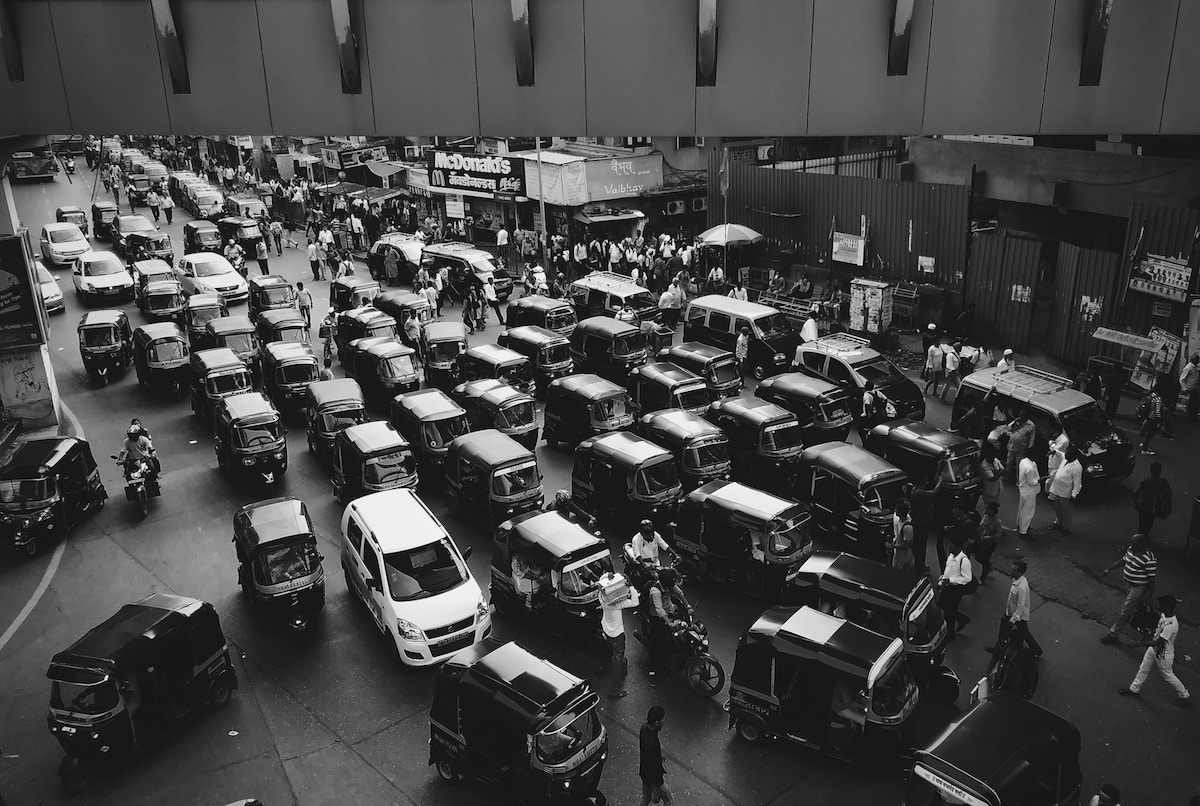It is a known fact that almost half of the world’s population live in cities and it is expected to rise. While cities are known to be the powerhouses of the world and the places for opportunities, living in them can be very stressful and take its toll on our physical and mental health. City dwellers have an almost 40% increased risk of depression, over 20% more of anxiety, and double the risk of developing schizophrenia compared to people who live in the countryside.
Depression, loneliness, stress, and other mental health issues associated with living in cities are now getting the attention that they deserve. It is good that there are now active efforts and campaigns being done to promote mental health and getting help from experts or therapists is now easier but we should also look at how we design our cities.
Do Cities Really Make Us Sad?
There are many factors that can affect the well-being of our mental health in cities. Cities are crammed with people and where there are lots of people problems will also follow. You will have to deal or interact with them in your day-to-day activities in one way or another and it can be a good or bad thing.
Lots of people also mean that there is more pollution; whether in air, noise, light, and rubbish and studies have shown that pollution affects our happiness and our feelings of stress. People living in cities also tend to have an increased stimulus level in their environment and this can make them feel overloaded.
The elements of the social environment in cities such as inequality and isolation greatly affects our mental health too. Segregation into neighbourhoods, poverty, and other social challenges such as prejudice or discrimination brings about feelings of injustice and hopelessness.
From our partners:
Designing For Mental Health
Urban planners and designers are now becoming more aware that designing cities should now consider mental health and well-being of its people. Here are some ways that urban design can promote mental health:
01: Accessibility To Green Spaces
City living tends to decrease our interaction with the natural environment. It has been shown in numerous research that spending time with nature can greatly reduce stress. Having parks or green spaces in cities that are accessible, well-maintained, and safe should be a priority in urban planning. Planting trees and other plants can also help reduce air pollution.
02: Integration Of Activity In People’s Daily Routines
Cities should encourage an active lifestyle on their citizens. Examples of these are having good public transportation, designing for walkability and a safe environment for pedestrians and bikers and planning establishments in such a way that they are easily accessible to the people.
03: Creating Pro-Social Places
Pro-social places or “third places” are public or commercial spaces that provide informal opportunities for local people to mix socially on neutral ground. These places encourage people to engage in more physical activity such as walking, exercising, playing and interacting with others.
04: Safety
Safety and security is another major factor to consider. People who have experienced crimes or violence are most likely to suffer from stress and anxiety. Crime prevention and proper monitoring by authorities are important.
05: Economic Stress & Affordability
Economic disparities and inequality often breed negative feelings. City authorities must take into account these factors and implement projects such as affordable housing, good connectivity and transport links, and provide social opportunities to make sure that none of the citizens is being left out.
A quote from Plato says that “A City is what it is because our citizens are what they are.” We need to put people first and their wellbeing when designing our cities. People are key to successful cities. Lastly, if you are living in a city and are struggling with depression, anxiety or other mental health related issues, you can always seek help and check out sites that can assist like BetterHelp.














